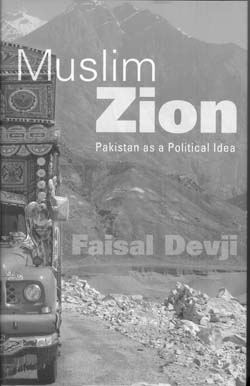One of the first writers, if not the first, to compare the condition of Muslims in India and Jews in Europe was a British Professor at Aligarh, Theodore Morison, who happened to be the son-in-law of the first Jewish graduate of Oxford University. Writing in 1899, shortly after the founding of the World Zionist Organization, Morison portrayed the newly launched campaign to raise the Aligarh College to a Muslim University as bearing some similarity to the ‘Zionite’ movement. Jews, like the Muslims of India, a people defined by religion rather than language or territory, were coming into ‘the consciousness of their corporate life’. As beneficiaries of British rule, according to Morison, Muslims were now in a position to adopt European knowledge and become ‘trusted servants of the Queen’. Jews, on the other hand, ‘live in the midst of vigorous territorial nationalities into which the chosen people are in continual danger of being merged.’ Muslims in India were in no such danger.1
February 2014, volume 38, No 2

